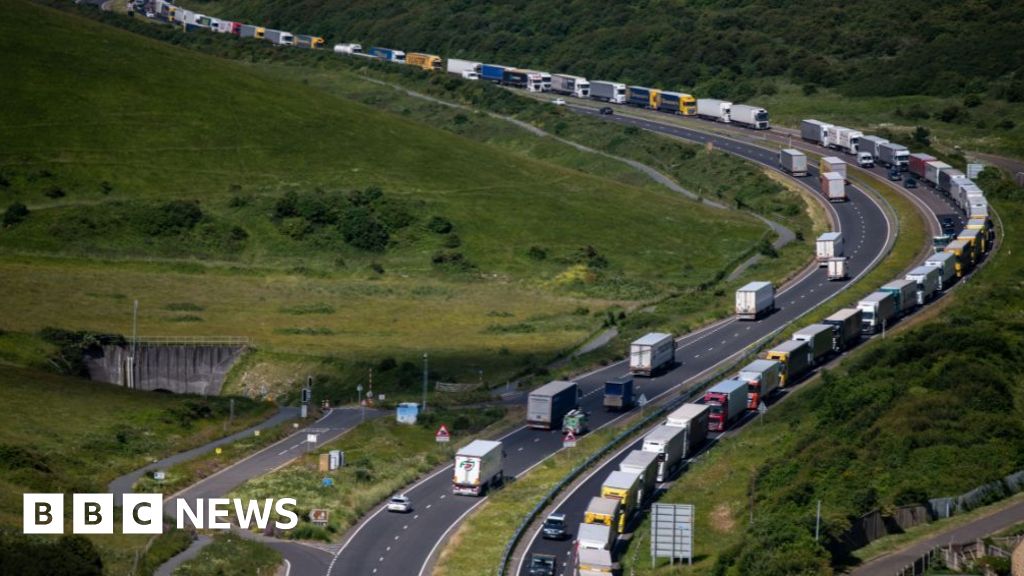Plans to use sites in Dover off the main road network to hold traffic if queues form due to new border controls are being considered.
Home Office minister Seema Malhotra said using the ‘off-road’ sites after European Union border controls are launched in November is being considered as a “contingency measure”.
There have been predictions of delays under the Entry Exit System, under which people without EU passports will have to provide fingerprints, a photo and answer questions when they register at the border.
At Dover, Eurostar and Eurotunnel, this will be done on UK soil as people leave the country. At airports, it will be done upon arrival at destinations.
The Port of Dover has particularly tight space constraints, and already experiences long delays at peak times.
The port’s plan is that staff will hand people a tablet to enter their details. It also aims to fill in a dock to create more space for car passenger processing by next summer.
Ms Malhotra, the minister for migration and citizenship, said: “We are keeping off-road sites under review so that, should they need to be used, we have a contingency plan for that.
“We continue to work with the councils, the EU and our French counterparts to make sure we are as prepared as possible, so we minimise the risk of long queues, particularly at peak travel times.”
Kevin Mills, leader of Dover District Council, said the authority was unaware which sites were being considered.
“We’re 10 weeks out and we’re still unsighted,” he said.
In May, the Port of Dover chief executive, Doug Bannister, told the BBC that under the new syste, the time it takes to go through border controls will likely rise from 45-90 seconds to two minutes or more for each person.
He said the port had plans aimed at “minimising dwell times, queues and of course, congestion out on the road network and throughout the town”.
Last week, Roger Gough, leader of Kent County Council, called on ministers to “make very urgent decisions on securing sites where tourist traffic can be held, away from the road network”.
For a six-month period, the EU is expected to allow the checks to be reduced in some circumstances if bad queues build up.
Christmas and Easter are expected to be the first busy periods after EES comes in on 10 November.

